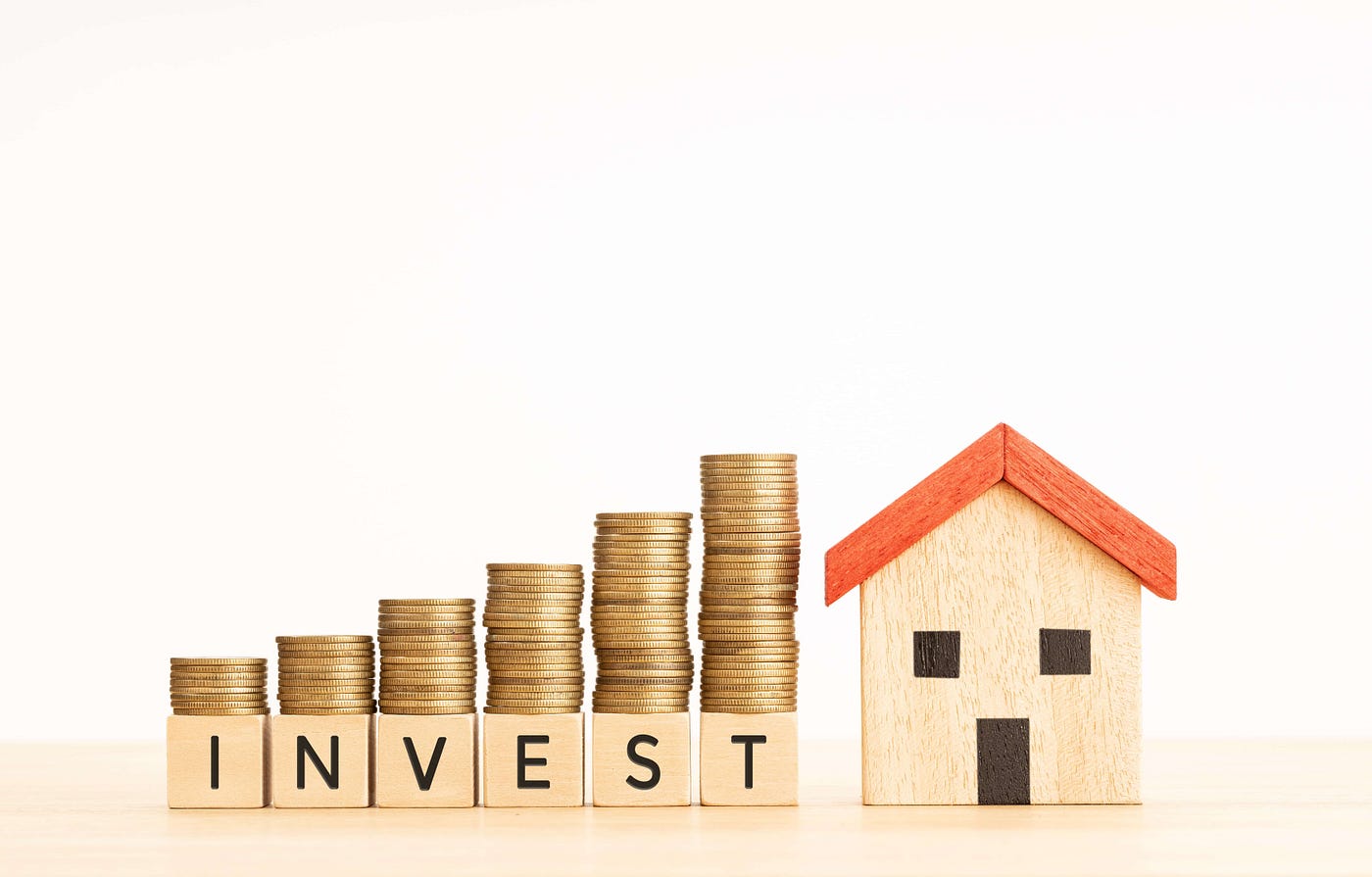Investing in property is not merely a financial decision; it’s an emotional journey filled with excitement, anxiety, and satisfaction. From the thrill of purchasing your first property to the ongoing management and eventual returns, property investment encompasses a range of experiences that touch the heart and mind alike.

Introduction
Property investment, simply put, involves purchasing real estate with the expectation of generating income or achieving capital appreciation over time. It is often considered one of the most stable and lucrative forms of investment due to the tangible nature of property assets and the potential for long-term growth.
Types of Property Investments
Property investment can take various forms, including residential properties such as single-family homes and apartments, commercial properties like office buildings and retail spaces, and even vacation rentals such as Airbnb properties. Each type offers its own unique advantages and challenges, catering to different investment preferences and goals.
Advantages of Property Investment
One of the primary advantages of property investment is its potential for high returns. Unlike other investment vehicles, real estate often appreciates in value over time, providing investors with both rental income and capital gains. Additionally, property investment offers diversification benefits, helping to spread risk across different asset classes, and serves as a tangible asset that can be leveraged for financing or sold when needed.
Considerations Before Investing
Before diving into property investment, it’s crucial to conduct thorough market research, assess your financial situation, and develop a solid investment plan. This includes analyzing local market trends, evaluating potential rental yields and property appreciation, and setting realistic investment goals. Additionally, investors should consider factors such as property management responsibilities, maintenance costs, and legal obligations when making investment decisions.
Emotional Aspects of Property Investment
Beyond the financial aspects, property investment is a deeply emotional endeavor. The excitement of purchasing your first property, the anticipation of potential returns, and the pride of ownership can evoke a sense of fulfillment and accomplishment. However, it’s also natural to experience anxiety about market fluctuations, tenant issues, or unexpected expenses. Despite the emotional rollercoaster, the satisfaction of generating passive income and building wealth through real estate can be immensely rewarding.
Success Stories in Property Investment
Countless individuals have achieved financial success through property investment, turning modest investments into substantial portfolios and passive income streams. Whether it’s flipping properties for profit, building a rental empire, or investing in commercial real estate, there are numerous success stories to inspire and motivate aspiring investors. Personal anecdotes, case studies, and testimonials from successful investors can provide valuable insights and encouragement for those considering property investment.
Challenges in Property Investment
While property investment offers many benefits, it also comes with its fair share of challenges. Market volatility, economic downturns, and unforeseen circumstances can impact property values and rental demand, affecting investor returns. Additionally, managing rental properties requires time, effort, and resources, from finding tenants and collecting rent to handling maintenance and repairs. Legal and regulatory issues, such as zoning laws and tenant rights, also pose potential risks for property investors.
Tips for Successful Property Investment
To navigate the complexities of property investment successfully, it’s essential to arm yourself with knowledge and expertise. Start by conducting thorough research into local market conditions, property types, and investment strategies. Seek guidance from experienced professionals, such as real estate agents, financial advisors, and property managers, who can offer valuable insights and advice. Stay informed about market trends and economic indicators, and be proactive in managing your investment portfolio to maximize returns and minimize risks.
Conclusion
Property investment offers a unique blend of financial opportunity and emotional fulfillment, making it a popular choice for investors seeking long-term wealth creation. While it comes with its challenges and uncertainties, the rewards of property investment can be significant for those willing to put in the time, effort, and dedication. By approaching property investment with careful planning, prudent decision-making, and a positive mindset, investors can embark on a journey towards financial freedom and prosperity.
FAQs (Frequently Asked Questions)
- Is property investment suitable for everyone?
- Property investment can be a viable option for individuals with sufficient capital, a long-term investment horizon, and a willingness to take on the responsibilities of property ownership and management.
- How much money do I need to start investing in property?
- The amount of capital required to invest in property varies depending on factors such as property prices, financing options, and investment goals. Some investors start with relatively small amounts, while others may require significant upfront capital.
- What are the risks associated with property investment?
- Risks associated with property investment include market fluctuations, tenant vacancies, property damage, legal disputes, and changes in economic conditions. It’s essential to conduct thorough due diligence and risk assessment before making investment decisions.
- How can I finance my property investment?
- Financing options for property investment include traditional mortgages, private loans, crowdfunding platforms, and partnerships with other investors. Each option has its own advantages and considerations, so it’s essential to explore multiple avenues and choose the one that best suits your needs.
- What should I look for in a potential investment property?
- When evaluating potential investment properties, consider factors such as location, rental demand, property condition, potential for appreciation, and cash flow potential. Conducting property inspections, analyzing financial projections, and consulting with real estate professionals can help you make informed decisions

